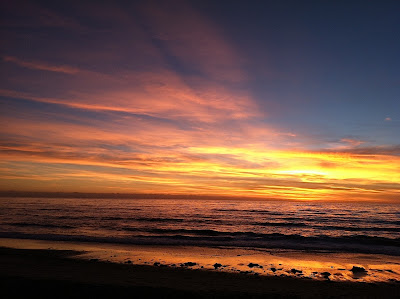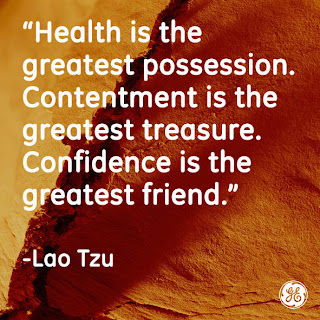- from Travels with Charley by John Steinbeck.
After an adventure in Southern Spain, I thought of writing a book called, It's Not About Speaking the Language. On the way from Granada to Cordoba, we had to change trains in a little town called Boabadilla. Forget the notion of whistle stop, how about blink and you´re stuck until the next stop?
We waited in the aisle, ready to get off the train when an elderly couple brought suitcases, sacks and flowers. When they plunked them down in front of us, they blocked our exit route. Swish, they're out; door closed. Onward went the train with us banging on the escape door's window.
After locating the conductor, we communicated in Spanish regarding our situation. He nodded and called ahead for the station attendant to arrange for a taxi when we arrived. How proud we felt of our Spanish skills.
Arriving in Boabadilla reminded me of a film noir set. Rain and shadows darkened the area. The wind picked up and stirred leaves along the train tracks. A scent of foreboding filled the air. Dun. Dun. Dun. Dun. Dun. We huddled alone on the station's platlform until the attendant greeted with news that a taxi would arrive soon. The scene brightened.
The taxi driver's accent seemed filtered through applesauce. The taxi smelled like he had swilled another type of sauce. We may have ruined his wine siesta time. In any case, he did get us back to Boabadilla with race car speed. There we obtained new tickets with our language skills and only had an hour delay.
Language skills - A. Jumping over obstacles - zero. I don´t know how people get on and off the trains at those tiny towns.
Creative Write: How has a trip taken you?







































